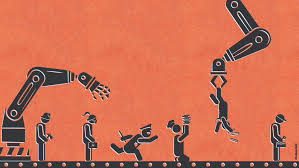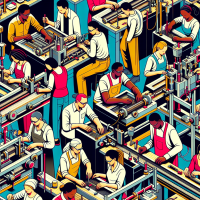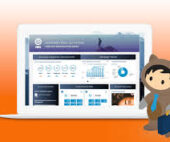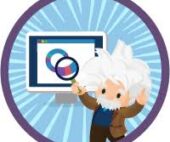Winter 25 Release Experience Cloud
Salesforce Winter ’25 Release: 6 Key Enhancements to Experience Cloud The Salesforce Winter ’25 Release brings a fresh suite of updates to Experience Cloud, focusing on design customization, SEO optimization, and streamlined navigation for enhanced user engagement. We’ve summarized six major updates and additional enhancements that make this release a significant step forward for Experience Cloud sites. 1. Enhanced Design Options for LWR Sites Winter ’25 empowers site designers with more granular control over the look and feel of LWR (Lightning Web Runtime) sites. New customization options in the Experience Builder Theme panel now allow for specific styling of individual components like columns and buttons, offering a new level of precision in visual design. Additional features include a Scoped Header and Footer layout that allows fixed positioning for headers and footers, enhancing user experience with persistent navigation elements. Site admins can define unique color palettes for buttons across various states (default, hover, focus), and apply color schemes to individual columns, which can now be set in the Theme panel. Further text customizations for headings have also been added, allowing a personalized touch for every element on LWR sites. 2. SEO-Friendly URLs for Accounts and Contacts (Generally Available) To drive organic traffic, the Winter ’25 Release introduces SEO-friendly URL slugs for Account and Contact pages, replacing traditional record IDs with easily readable URLs. This enhancement allows search engines to better index content, making it easier for users to find your pages. Site managers can configure SEO-friendly URLs directly in the Administration panel and import slugs in bulk for faster setup. 3. Data Providers for LWR Sites (Beta) Experience Cloud now includes an option to configure data providers on LWR site pages, enabling seamless integration with data from various sources, including Apex and Record providers. Admins can specify data sources within Experience Builder, allowing for real-time data updates across components and pages, providing a more dynamic and responsive experience for users. 4. Revamped Navigation and New Components The Navigation Menu component has been revamped, allowing admins to design a more intuitive navigation experience for both desktop and mobile users. The beta Site Header component further enhances branding with logo placement and customizable headers, while the Grid component now ensures consistent cell height, improving the visual balance of page layouts. Tailored navigation menus for desktop and mobile screens can be customized for color, spacing, text styles, and more to provide an optimized experience across devices. 5. Expanded Data Cloud Integration for Event Tracking Winter ’25 expands Data Cloud integration to capture checkout, order, and cart events on enhanced LWR sites. Ecommerce-focused organizations can now record user interactions—like checkout initiation and address input—automatically, giving businesses richer insights into customer behavior. Data captured through these events can be viewed within Data Cloud, allowing admins to understand user engagement and optimize site design accordingly. 6. Salesforce File Linking for LWR Sites (Beta) The new File Upload Lightning Web Component enables file uploads directly from an LWR site to Salesforce, an option previously available only on Aura sites. This update streamlines the file transfer process, allowing guest users to upload files securely, which are then accessible within Salesforce. Additional Experience Cloud Enhancements In addition to the primary updates, Winter ’25 introduces several valuable, albeit smaller, features: Availability of Features Some Winter ’25 features will be accessible immediately after release, while others require setup by admins. Consider notifying users about these updates to ensure a smooth transition and to leverage the full potential of new functionalities. Like Related Posts Salesforce OEM AppExchange Expanding its reach beyond CRM, Salesforce.com has launched a new service called AppExchange OEM Edition, aimed at non-CRM service providers. Read more The Salesforce Story In Marc Benioff’s own words How did salesforce.com grow from a start up in a rented apartment into the world’s Read more Salesforce Jigsaw Salesforce.com, a prominent figure in cloud computing, has finalized a deal to acquire Jigsaw, a wiki-style business contact database, for Read more Service Cloud with AI-Driven Intelligence Salesforce Enhances Service Cloud with AI-Driven Intelligence Engine Data science and analytics are rapidly becoming standard features in enterprise applications, Read more









